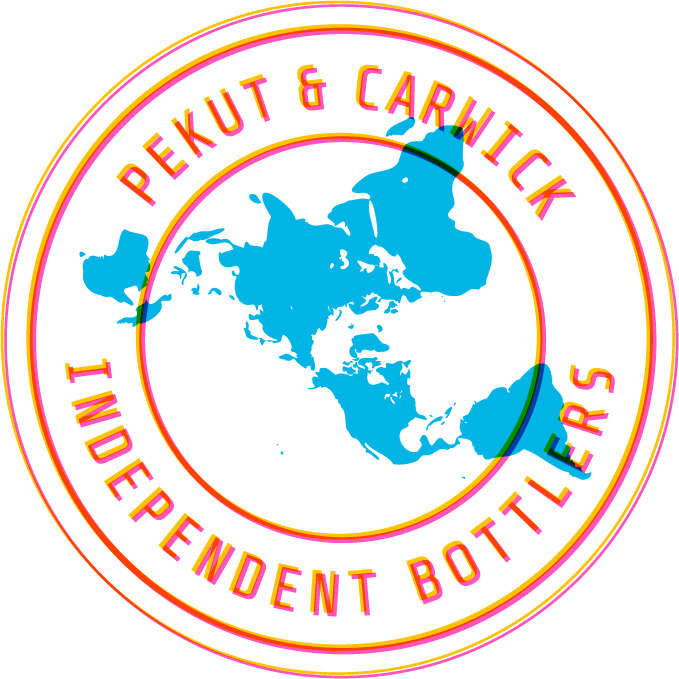How Did Rum Get Its Name?

In an effort to provide you with ALL the information about our products while still satisfying the inquisitive nerd within, we’re writing a rum handbook. You’ll be our guinea pig as we serve up the story of the spirit—from rum’s origin to its current standing in the global booze economy. Welcome to the first day of Rum 101!
Why do we call it rum?
If you’ve been following along recently, you'll be unsurprised that we're asking more questions than we can answer, particularly when it comes to rum. It's difficult to parse rum facts from fantasy fiction when the line between marketing blather and recorded history is so blurry in popular culture. Historical references to rum abound, so we know where and when our favorite tipple first evolved, but theories abound as to how and why it was named.
Rum’s Beginnings in the West Indies
Rum co-evolved with colonial sugar and slave markets, and appeared in written records from Barbados as early as the seventeenth century. References to a drink called “kill-devil” have been attributed to a strong and probably really funky (if you believe the hype of the time) cane spirit produced on early Caribbean sugar plantations by enslaved men and women. At first, molasses was a plantation waste stream, so it was rationed to slaves who then fermented and distilled it. This was the first Caribbean rum.
Rum’s impressive shelf stability relative to beer and wine made it ideal for sea traders and sailors hauling sugar cane, molasses, and enslaved Africans across the middle latitudes, with the Dutch and English (including North American colonies) leading the charge. Strong, stable, and cheap to produce (not paying for labor does wonders for your margins), rum’s popularity and economic importance grew. By the mid-seventeenth century there were also written records from the Massachusetts and Connecticut colonies referring to rum (or “rumme”) as an import commodity. A booming rum distilling industry in New England also developed to process the cheap imported molasses.
By the mid-18th Century rum had become entangled in Britain’s attempt to control its North American colonies via the Molasses Act of 1733 and the Sugar Act of 1764, and not unlike tea, rum began to represent British tyranny for American colonists.
So, where does that leave us? Who coined the term “rum?”
Does “rum” come from the boiled sugarcane drink known to the colonial English as rumbullion? There are no reliable sources to tell us whether or not this early boiled sugar drink was related to, or a precursor of, rum—we can’t be sure.
Was rum a corruption of the English term “rumbustious,” meaning boisterous and unruly (a word still in use today)? Given the strength of early rums being produced, that seems possible. But again, we have no definitive proof one way or the other.
Is rum is derived from the last few letters of the word "saccharum," the Latin word for sugar, as Wayne Curtis posits in his excellent treatise on rum in the new world, And a Bottle of Rum?
Does the name come from the large tumblers used by Dutch seamen called roemers? Maybe. Maybe Not!
Many rum mysteries remain.
You see where we’re headed here. We can speculate about the origins of rum’s name, and we know that by 1645 the term was commonly used by colonists, but we're probably not ever going to know for sure where it came from.
And of course, all this speculation focuses on colonial uses of the word. What were the enslaved rum makers calling their beverage? Unsurprisingly, we only see the Western European etymology in the historical record, and there's no mention of linguistic or cultural contributions from enslaved African plantation workers, let alone credit for developing the industry.
We adore rum, and it’s because we love it so much that we want to fully understand it. It's a complex history. By getting past the marketing tropes, we hope to ensure that rum’s future is entirely less…completely awful. Because whatever it's called, and whoever anonymously coined the term, rum is a damned fine drink and deserves a top-shelf spot in your heart (and your liquor cabinet, incidentally).
Stay tuned and don't forget to stock up on our rum HERE.
Cheers,
P&C
